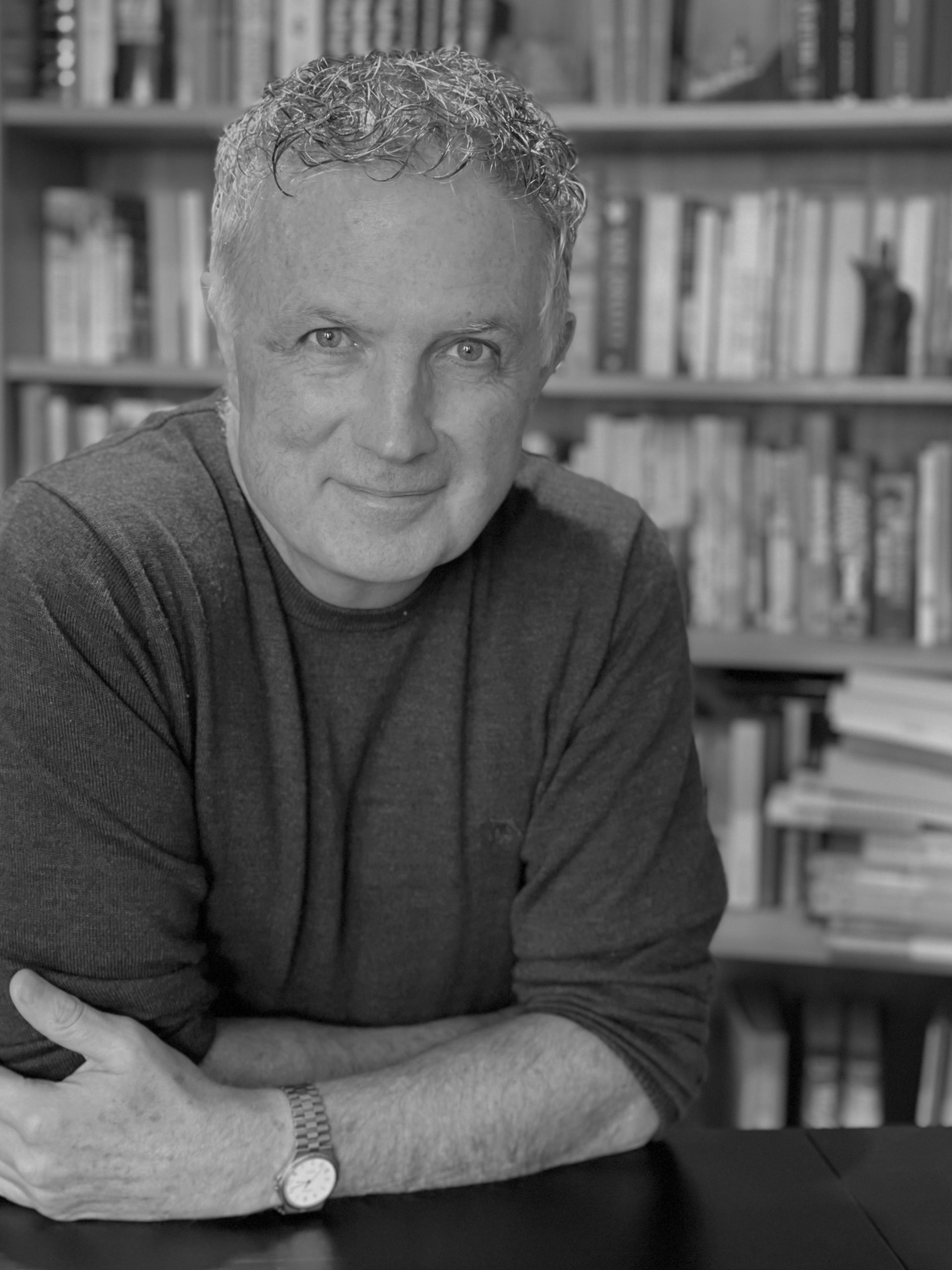
PD McShane
Pat is a successful business owner that has in recent years put more effort into following his real passion of writing. The Minerva Agenda is his first book and clearly he has drawn on his past life experiences in his writing. In the 90’s and 2000’s, Pat trained with British paratroopers, had experiences in Russia, Scandinavia, South East Asia and the Nevada Desert. More recently, he spent time in North Africa. His long exposure to the military and intelligence sectors brings a disturbing reality to his writing. While this is his first published novel he has a number of other projects underway in a similar genre – a sequel to The Minerva Agenda and, playing to his Irish roots, a story based on Ireland and the IRA are currently being penned. While Iran and Ireland are core entities in his next novels, he currently lives in Wellington, New Zealand, with his wife and twins.
What authors did you dislike at first but grew into?
Graham Greene would be one. You have to concentrate when reading his books which is a habit to form. Now though, I love his writing, his character development and scenes are beautifully written. I’m trying hard to like Hemingway, but he’s too hard.
Do you try more to be original, or to deliver to readers what they want?
I write because I love the creative process. I am useless at plotting out a whole story – I write more organically. For example, in The Minerva Agenda, I didn’t know Axel Schwimmer until Mancini met him in Berlin and even then I didn’t realise the role he’d play. It’s fun! So, I kind of write for me not thinking too much about what others think or want. Having said that, my editor is invaluable in providing technical guidance on what readers, agents and publisher’s want – obviously that’s important.
What is it about your chosen genre that you love?
I love the characters I create. I believe a good book is all about the characters. Feedback I get is always largely about the characters. I think the genre of espionage type thrillers are all about the human condition, morals, values, motivation etc., so rich characters just emerge.
How do you select the names of your characters?
The names need to support the development of the package and persona of the character. In my current IRA story, there is a female Indian character called Shalini, she’s smart, tough and ambitious – I think her name is a little soft for that character, so may go with something a bit shorter and abrupt like Veda or Esha. In The Minerva Agenda there is an English woman called Caroline Sinclair – the name supports her being a little posh and public school. Names reinforce the character traits.
What was the first book that made you cry?
Lord of the Rings when Boromir dies. (I was 11 yrs old at the time) – I’m still not fully over it!
If you had to do something differently as a child or teenager to become a better writer as an adult, what would you do?
Find likeminded people who enjoyed writing. Find writing groups. I’d take up creative writing classes and learn journalism. A friend and writer I know is a journalist, his story structuring is great and his editing is very good – you learn this in journalism – well, used to!
Are there any secrets in your books that only a few people will find? Can you tell us one? Or give us any hints?
Many of the characters and events are real. The Peru earthquake is tragically a true event, Eddie Isaac exists but that’s not his name, so does Mancini, he held a highly influential role in Intelligence. Pete Carter exits, ran Kayaks and has a daughter called Lulu – he is a much nicer one than the one in the book. The Peat Spade is a real pub in Longstock Hampshire (check out my Blogs on my web page). Prikkala is a real place in Finland and yes, there are lots of luxury log cabins sparsely dotted around the snow-covered countryside. Ice skating on the Rideau Canal in Ottawa is a ‘thing’, the wharf in Eastbourne New Zealand does exist and if you are familiar with the world of mercenaries you may know that while uncommon, it’s not unheard of that women lead and are members of these groups – even sometimes, French. The Novotel Leipzig doesn’t have balconies, but it does in the story – you’ll see why.
Did you ever consider writing under a pseudonym? Why?
Not really, I write as PD McShane as it’s punchy and memorable.
How did publishing your first book change your writing process?
I was fortunate to have an amazing editor, Andrea Barton in Sydney. I learnt so much about the whole publishing and editing process off Andrea that made the herculean journey so much easier. I now truly appreciate the need to have an awesome editor – they can be tough, but find one that equally cares, like I did, and you’re on a winner.
How many unpublished and half-finished books do you have?
The Minerva Agenda – published.
The sequel to Minerva Agenda – 30k words in.
The IRA based story The Accidental Assassin – 40K words in.
Do you read your book reviews? How do you deal with bad or good ones?
Yes. Good reviews are always nice, but well written constructive negative ones can really help.
